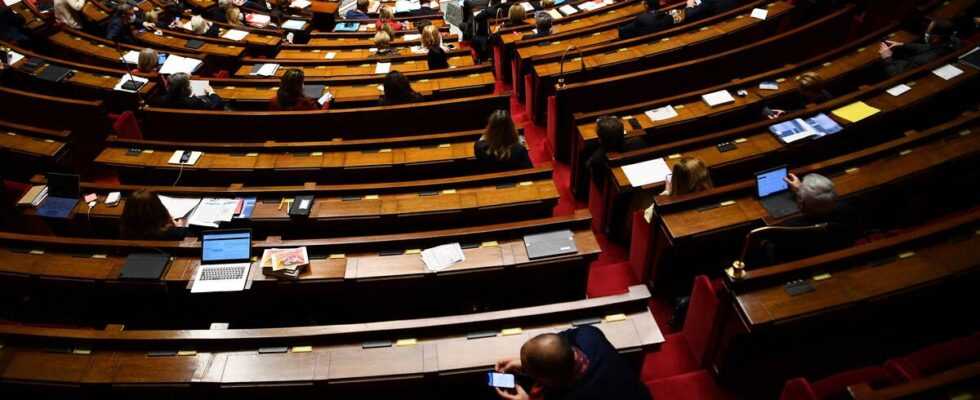This is the epilogue of two eventful weeks: the controversial bill establishing the vaccine pass was adopted at last reading by the National Assembly, this Sunday evening. This text “strengthening the tools for managing the health crisis” was voted on by 215 deputies, while 58 voted against and 7 abstained. In addition to the majority, some of the LR and PS deputies voted in favor, at first reading last week. The left of the left and the elected RNs had voted against. With a few adjustments, the right-wing dominated Senate voted a second time on Saturday evening in favor of this pass which will succeed the health pass, but it was the deputies who had the last word.
The government now hopes to see this text come into force as soon as possible, around January 20, after possible appeals to the Constitutional Council. But what exactly does it contain, after its two round trips between the Palais Bourbon and the Palais du Luxembourg?
Be up to date with your vaccines for all kinds of activities
As soon as the law is published by decree, a vaccination pass will replace the current health pass to access a certain number of public places. It will be necessary to be able to justify an up-to-date vaccination status to access leisure activities, restaurants and bars, sports halls or swimming pools, fairs or interregional public transport. Stores or places of worship are not affected by the measure, as are health establishments and services, access to which remains conditional on a negative test. In the case of transport, an exception is provided: no need for a pass for “compelling family or health reason” – a dying relative for example – subject to presenting a negative test, “except in an emergency”.
For the record, to have a valid vaccination status, you must have had two doses of anti-Covid vaccine injected (or have been infected once and given a booster dose), then have received a booster dose of vaccination. – the famous third dose – within seven months of the last injection. From February 15, you will have to take a booster dose four months – and no longer seven – after your second dose for the pass to remain valid. The only possible departure from this last condition: to benefit from a Covid-19 recovery certificate, the result of which must be more than eleven days old and less than six months old.
Identity checks and teleworking
Among the provisions which most agitated the parliamentarians of the two chambers, and which were the subject of amendments all rejected at last reading, are those concerning controls. First of all, those that can be exercised by restaurateurs and organizers of shows to verify the identity of people with a vaccination pass. This verification of the concordance between the identity and the pass may well be done, but not necessarily with an identity card. A simple “official document bearing his photograph”, like a vital card, could be enough.
Another control provision included in the adopted text: that of compliance by companies with telework. This provision had been censured by the senators but appears well in the final text, even if the amount of the fine was divided by two. The Labor Inspectorate will therefore have the possibility of imposing penalties of up to 500 euros (and no longer 1,000, as provided for in the text at first reading) per employee whose situation is not in conformity, within the limit of 50 000 euros.
A measure that does not concern those under 16
If vaccination against Covid-19 is now open to children from the age of 5, the vaccine pass will only apply to people from the age of 16. This is the main contribution of parliamentary debate, thanks to the Senate. This age of 16 was not chosen at random: it is that of “vaccination freedom” against Covid-19, that is to say where there is no need for parental authorization. .
Minors aged 12 to 15 will remain subject to the obligation to present the current health pass to access the places detailed above. Only children under 12 are not affected by any pass.
Another contribution of the Senate concerning minors: in the event of disagreement between parents on the vaccination of their child from 5 to 11 years old, one of them can decide unilaterally to have him vaccinated. Until now, the agreement of both parents was required to do so.
